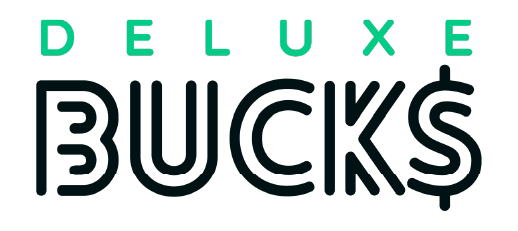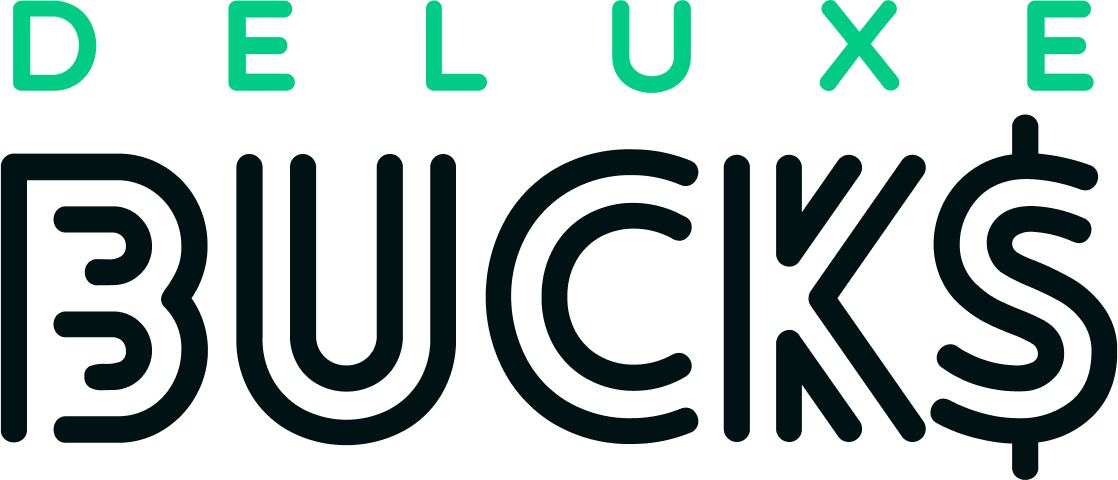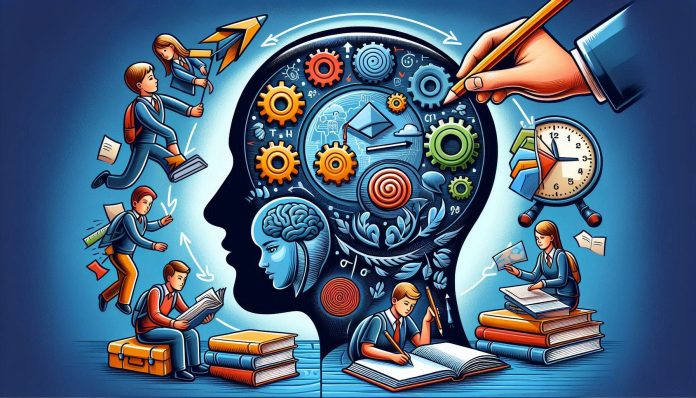Educational Psychology: Understanding Student Behavior
Educational psychology is a branch of psychology that focuses on understanding how people learn and retain knowledge within educational settings. It encompasses the study of student behavior, learning processes, and instructional strategies. Understanding student behavior is crucial for creating effective teaching methods and fostering a positive learning environment.
Historical Background
Educational psychology has evolved significantly over the years. Early theories were influenced by philosophers like John Locke and Jean-Jacques Rousseau, who emphasized the importance of education in human development. The field gained scientific footing with contributions from pioneers like William James and John Dewey, who advocated for practical and experiential learning.
Key Concepts in Educational Psychology
Educational psychology is built on several key concepts:
- Learning Theories: These include behaviorism, cognitivism, and constructivism, each offering different perspectives on how students learn.
- Motivation: Understanding what drives students to learn is essential for developing effective teaching strategies.
- Cognitive Development: The study of how students think, understand, and remember information.
Behavioral Theories
Behavioral theories focus on observable behaviors and how they’re influenced by the environment.
- Classical Conditioning: Introduced by Ivan Pavlov, this theory explains how a neutral stimulus can become associated with a meaningful response.
- Operant Conditioning: B.F. Skinner’s theory emphasizes the role of reinforcement and punishment in shaping behavior.
- Social Learning Theory: Albert Bandura highlighted the importance of observational learning, imitation, and modeling.
Cognitive Theories
Cognitive theories delve into the mental processes involved in learning.
- Piaget’s Stages of Cognitive Development: Jean Piaget proposed that children progress through distinct stages of cognitive development.
- Vygotsky’s Sociocultural Theory: Lev Vygotsky emphasized the role of social interaction and cultural context in learning.
- Information Processing Theory: This theory likens the human mind to a computer, focusing on how information is encoded, stored, and retrieved.
Motivation in Education
Motivation is a key factor in student learning and achievement.
- Intrinsic vs. Extrinsic Motivation: Intrinsic motivation comes from within the student, while extrinsic motivation is driven by external rewards.
- The Role of Self-Efficacy: Belief in one’s abilities can significantly impact motivation and performance.
- Goal Setting and Achievement: Setting specific, achievable goals can enhance motivation and academic success.
Emotional and Social Development
Students’ emotional and social development plays a critical role in their overall learning experience.
- Emotional Intelligence: The ability to understand and manage emotions can affect learning and relationships.
- Social Skills and Peer Relationships: Positive peer interactions can enhance learning and social development.
- Impact of Family and Community: Family and community support are vital for student success.
Classroom Management
Effective classroom management is essential for creating a conducive learning environment.
- Strategies for Effective Classroom Management: Techniques such as establishing clear rules and routines can help maintain order.
- Role of Teacher Expectations: High expectations can motivate students to achieve their best.
- Creating a Positive Learning Environment: A supportive and inclusive classroom atmosphere fosters learning.
Assessment and Evaluation
Assessment and evaluation are critical components of the educational process.
- Types of Assessments: These include formative assessments (ongoing) and summative assessments (end-of-term).
- Formative vs. Summative Evaluation: Formative assessments help guide instruction, while summative assessments evaluate overall learning.
- Using Assessments to Inform Instruction: Data from assessments can be used to tailor teaching strategies to meet student needs.
Special Education
Special education addresses the needs of diverse learners.
- Understanding Diverse Learners: Recognizing and accommodating different learning styles and abilities.
- Strategies for Inclusion: Implementing inclusive practices to ensure all students have access to education.
- Legal and Ethical Considerations: Adhering to laws and ethical guidelines in special education.
Technology in Education
Technology has transformed the educational landscape.
- Impact of Digital Tools on Learning: Digital tools can enhance learning but also present challenges.
- Online Learning Environments: The rise of online education has changed how students learn.
- Balancing Technology Use: Finding a balance between technology use and traditional teaching methods.
Cultural Influences on Learning
Cultural factors significantly influence student behavior and learning.
- Multicultural Education: Promoting diversity and inclusion in the classroom.
- Addressing Cultural Bias: Recognizing and addressing biases in educational materials and practices.
- Promoting Cultural Competence: Encouraging cultural awareness and sensitivity among students and teachers.
Challenges in Educational Psychology
Educational psychology faces several challenges.
- Addressing Behavioral Issues: Developing strategies to manage and support students with behavioral problems.
- Supporting Mental Health: Providing resources and support for students’ mental health needs.
- Adapting to Educational Reforms: Staying current with changes in educational policies and practices.
Future Directions
The field of educational psychology continues to evolve.
- Emerging Trends in Educational Psychology: New research and practices are continually shaping the field.
- The Role of Neuroscience: Understanding the brain’s role in learning and behavior.
- Innovations in Teaching and Learning: Exploring new methods and technologies to enhance education.
Conclusion
Educational psychology provides valuable insights into student behavior and learning processes. By understanding these concepts, educators can create more effective teaching strategies and foster a positive learning environment. Ongoing research and innovation are essential for addressing the challenges and opportunities in education.
FAQs
- What is the role of an educational psychologist?
- Educational psychologists study how people learn and develop strategies to improve educational outcomes.
- How can teachers apply educational psychology in the classroom?
- Teachers can use principles of educational psychology to create effective lesson plans, manage classrooms, and support diverse learners.
- What are some common behavioral issues in students?
- Common issues include attention deficits, disruptive behavior, and social challenges.
- How does technology impact student behavior?
- Technology can both enhance and hinder learning, depending on how it is used.
- What are effective strategies for motivating students?
- Strategies include setting clear goals, providing feedback, and fostering a supportive learning environment.


